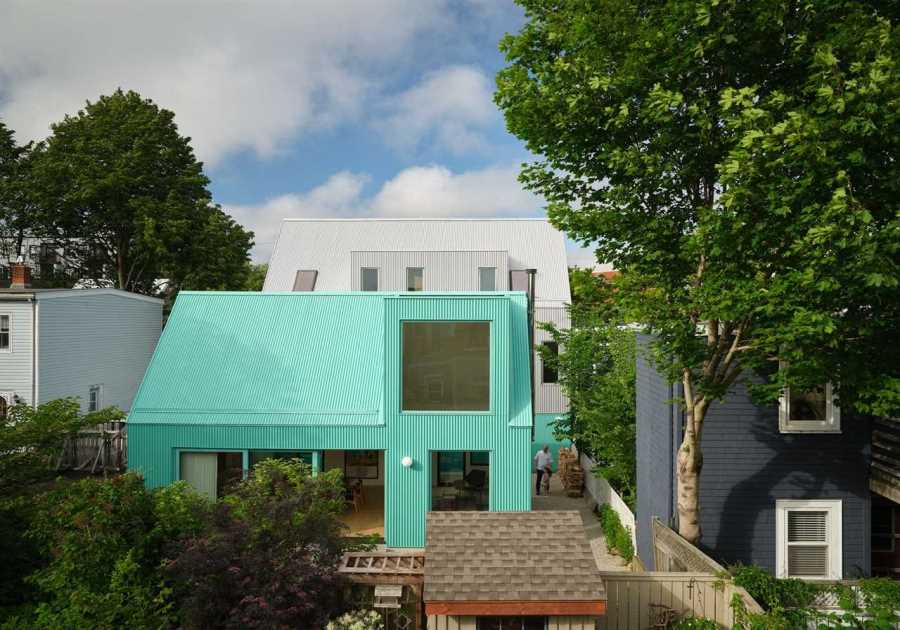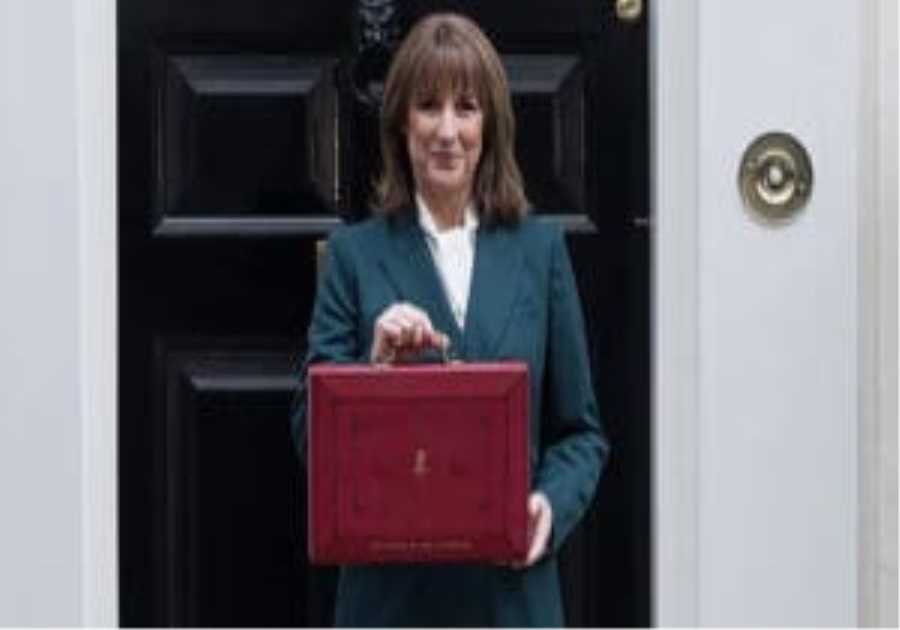Homebuyer demand for purchase loans rose sharply last week even after adjusting for the expected seasonal boost from the spring homebuying season as mortgage rates continued to retreat from 2023 highs, according to a weekly survey of lenders by the Mortgage Bankers Association.
The MBA’s Weekly Mortgage Applications Survey shows applications for purchase loans were up by a seasonally adjusted 8 percent last week compared to the week before, as rates on 30-year fixed-rate mortgages hit the lowest level in two months. Despite the big jump in applications, demand for purchase loans was still down 31 percent compared to a year ago.
Requests to refinance were essentially unchanged, rising 0.1 percent from the week before, with 57 percent fewer applications to refinance coming in compared to a year ago.
“Prospective homebuyers this year have been quite sensitive to any drop in mortgage rates, and that played out last week with purchase applications increasing by 8 percent,” MBA Chief Economist Mike Fratantoni said in a statement. “Refinance application volume was a mixed bag with total volume essentially flat, conventional volume down for the week, but VA refinance volume increasing. The level of refinance activity remains almost 60 percent below last year, as most homeowners are currently locked in at much lower rates.”
The survey shows requests for VA mortgages accounted for 12.8 percent of all applications, up from 11 percent the week before, with FHA mortgages accounting for a 12.3 percent share of applications, up from 12 percent the week before.
Bond market investors who fund most mortgages and heavily influence the rates offered by lenders are keeping a close eye on inflation and the prospect that the Federal Reserve will soon end, and perhaps begin to unwind, a rate-hike campaign that sent interest rates surging last year.
But markets still anticipate one more Fed rate hike in May, even though the latest inflation data released Wednesday shows inflation cooling in March to the slowest pace since May 2021 with the Consumer Price Index (CPI) up 0.1 percent month over month and 5 percent from a year ago.
At their March 22 meeting, Fed policymakers raised the benchmark federal funds rate by 25 basis points to a target range of 4.75 percent to 5 percent.
With inflation still far above the Fed’s goal of 2 percent, futures markets tracked by the CME FedWatch Tool are pricing in a 69 percent chance that Fed policymakers will approve one final 25 basis-point increase in the federal funds rate when they meet next on May 3.
The Fed’s latest “dot plot” — which shows how high members of the Federal Open Market Committee think interest rates will need to go in order to curb inflation — shows policymakers expect that they’ll be able to bring the federal funds rate back down 4.3 percent by the end of next year and 3.1 percent by the end of 2025.
Housing industry economists think mortgage rates have peaked and will trend down later this year and next, but most consumers surveyed by Fannie Mae last month (85 percent) said they expect rates will go up or stay the same over the next 12 months.
Mortgage rates trending back up
The Optimal Blue Mortgage Market Indices, which track daily ups and downs in mortgage rates using rate lock data, show rates on 30-year fixed-rate conforming mortgages have rebounded some from last week, but remain below a 2023 peak of 6.84 percent seen on March 8.
For the week ending April 7, the MBA reported average rates for the following types of loans:
- For 30-year fixed-rate conforming mortgages (loan balances of $726,200 or less), rates averaged 6.30 percent, down from 6.40 percent the week before. With points decreasing to 0.55 from 0.59 (including the origination fee) for 80 percent loan-to-value ratio (LTV) loans, the effective rate also decreased.
- Rates for 30-year fixed-rate jumbo mortgages (loan balances greater than $726,200) averaged 6.26 percent, down from 6.36 percent the week before. With points decreasing to 0.42 from 0.47 (including the origination fee) for 80 percent LTV loans, the effective rate also decreased.
- For 30-year fixed-rate FHA mortgages, rates averaged 2.29 percent, down from 6.33 percent the week before. With points decreasing to 0.91 from 0.92 (including the origination fee) for 80 percent LTV loans, the effective rate also decreased.
- Rates for 15-year fixed-rate mortgages averaged 5.78 percent, down from 5.97 percent the week before. Although points increased to 0.57 from 0.54 (including the origination fee) for 80 percent LTV loans, the effective rate decreased.
- For 5/1 adjustable-rate mortgages (ARMs), rates averaged 5.51 percent, down from 5.61 percent the week before. With points decreasing to 0.9 from 1.02 (including the origination fee) for 80 percent LTV loans, the effective rate also decreased.
This article was written by Matt Carter from Inman News and was legally licensed through the Industry Dive Content Marketplace. Please direct all licensing questions to [email protected].
------------Read More
By: admin
Title: Homebuyer mortgage demand perks up as rates retreat
Sourced From: www.pncrealestatenewsfeed.com/homebuyer-mortgage-demand-perks-up-as-rates-retreat/
Published Date: Tue, 18 Apr 2023 01:45:10 +0000
Did you miss our previous article...
https://trendinginbusiness.business/real-estate/smart-lighting-is-trending-strongly-with-homeowners-and-design-pros
.png)





